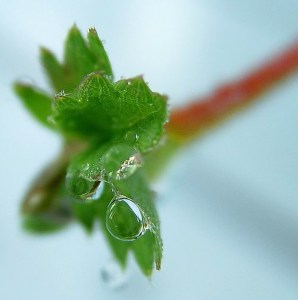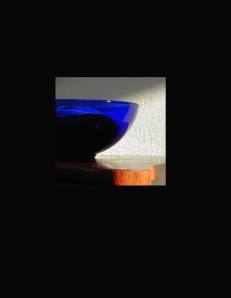Ring-a-round the Rosie

No one really knows the origins of “Ring-a-round the Rosie.” Some say the nursery rhyme sprang from the Black Plague, the epidemic that took children as well as adults, kings as well as paupers. Others say it has different origins, but I don’t care. This is my blog, and I’ll cry if I want to, cry if I want to! “We all fall down.”
It’s Ash Wednesday, the first day of Lent in a QAnon world when reality doesn’t mean much anymore. Truth is a fiction. Choose your fantasy. It doesn’t matter anymore. We may fall down, but, like corks thrown into the sea, we bob up again. Or so some think. We never really fall down. Yet something in us knows that how Narcissus dies bowing to his own reflection, and that the flower only blooms when he and his loyal Echo return to dust.
What stories shall we tell ourselves in a time when the pond we thought was ours is drying up, when there is no up or down on a spinning Big Blue Ball floating in space that feels upside-down and falling back to dust and ashes?
The Parable of the Madman
When the madman in Friedrich Nietzsche’s The Gay Science parable steps into the marketplace with his lantern lit on a bright morning seeking God, and later announces, “God is dead! God is dead. And we have killed him, you and I,” those who view God as a phantasm laugh in derision. You can’t kill what never was. The believers don’t laugh. They throw him out when he enters the church to sing his requiem for God, leaving him to ask, “What are these churches but the sepulchres of God?”
“How shall we comfort ourselves, the murderers of all murderers?” asks the madman. “What was holiest and mightiest of all that the world has yet owned has bled to death under our knives: who will wipe this blood off us? What water is there for us to clean ourselves? What festivals of atonement, what sacred games shall we have to invent? Is not the greatness of this deed too great for us? Must we ourselves not become gods simply to appear worthy of it? There has never been a greater deed; and whoever is born after us — for the sake of this deed he will belong to a higher history than all history hitherto.” — The Gay Science, Book 2 (1882)
What stories do we tell ourselves?
Ash Wednesday brings every fantasy to a halt. There is no higher history than all history before us. There is life and there is death. Both are real. Where do we find a footing? What stories do we tell ourselves? What does a disciple of Jesus do when the Jesus hanging on a cross crying out that the horror of god-forsakenness has been re-shaped into a positive thinker, a White supremacist, a Christian nationalist? What to do in a reality denying QAnon world in the aftermath of January 6, 2021?
Where your treasure is
“Whenever you pray, go into your room and shut the door and pray to your Father who is in secret; and your Father who sees in secret will reward you” (Matthew 6:6). “Do not store up for yourselves treasures on earth, where moth and rust consume and where thieves break in and steal; but store up for yourselves treasures in heaven, where neither moth nor rust consumes and where thieves do not break in and steal. For where your treasure is, there your heart will be also” (Mt. 6:19-21).
The imposition of ashes
Ring-a-round the Rosie seems different this Ash Wednesday, but it’s not. It’s always the same. Going forward for the imposition of ashes I acknowledge the reality I flounder to avoid. “Dust to dust; ashes to ashes.” The ashes that smudge my forehead always have to be imposed. We all fall down.
Gordon C. Stewart, author of Be Still! Departure from Collective Madness (2017 Wipf and Stock), 49 short commentaries on faith and life; Chaska, Minnesota, February 17, 2021.




 jungle of Costa Rica at step-daughter Katherine’s request after a diagnosis of terminal cancer.)
jungle of Costa Rica at step-daughter Katherine’s request after a diagnosis of terminal cancer.)